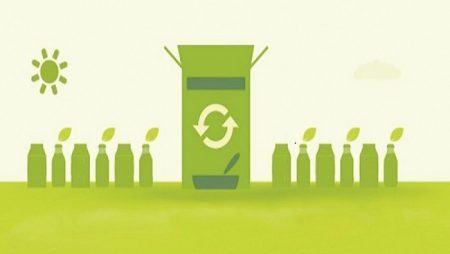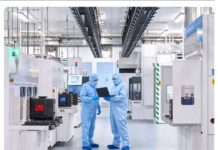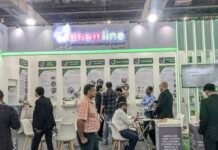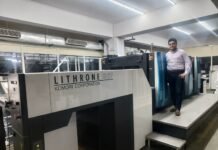On 6 December 2016, Nestlé announced the creation of the Nestlé Institute of Packaging Sciences, dedicated to the discovery and development of functional, safe and environmentally friendly packaging solutions. This is a step towards the Company’s commitment to make 100% of its packaging recyclable or reusable by 2025.
Nestlé CEO Mark Schneider said, “We want to be a leader in developing the most sustainable packaging solutions for our food and beverage products. To achieve this, we are enhancing our research capabilities to develop new packaging materials and solutions. Through this, we hope to address the growing packaging waste problem, in particular plastics. We aim to minimize our impact on the natural environment while safely delivering to our consumers healthier and tastier products.”
The Nestlé Institute of Packaging Sciences, which is part of Nestlé’s global research organization, will be located in Lausanne, Switzerland. It will employ around 50 people and include a state-of-the-art laboratory complex as well as facilities for rapid prototyping.
In close collaboration with the company’s global R&D network, academic partners, suppliers and start-ups, the institute will evaluate the safety and functionality of various sustainable packaging materials. Research focus areas will include recyclable, biodegradable or compostable polymers, functional paper, as well as new packaging concepts and technologies to increase the recyclability of plastic packaging. The new solutions will be tested in various product categories, before they are rolled out across Nestlé’s global portfolio.
Stefan Palzer, Nestlé chief technology officer, said, “Packaging plays a crucial role in helping us deliver safe and nutritious products to our consumers. The new Institute of Packaging Sciences will enable us to accelerate the redesign of our packaging solutions. Cutting-edge science as well as a close collaboration with globally leading academic institutions and industrial partners will deliver a pipeline of highly performing environmentally friendly packaging solutions.”












when it comes to flexible pkg. the industry only converts raw mtrls. Into laminates as per specs. Given by client.
What are the guide lines, w.r.t. which R.Ms,
Adhesives, inks & solvents, are permitted
to use/ & testing guidelines, by which a converter can process, in order to comply with the FSSAI regulations.